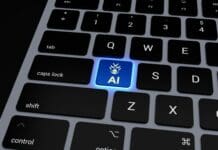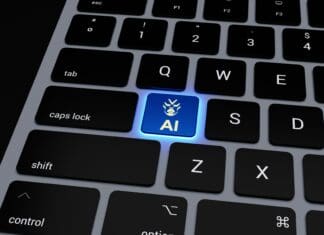This post is also available in:
 עברית (Hebrew)
עברית (Hebrew)
Analyzing and storing large amounts of data requires a lot of energy, so the future of technology might hold a different approach to data storage. At least, that is what Professor Søren Brunak from the University of Copenhagen thinks.
Brunak states that while Denmark is one of the best in the world at health data, analyzing and storing huge amounts of health data comes at a climate cost. “We have begun to consider the carbon footprint of bioinformatics and CO2 emissions resulting from data analysis,” he adds.
According to Techxplore, one of their main problems is the vast amounts of data they want to archive and store for future use – how does one make data storage more eco-friendly? Brunak explains that the surprising answer is that, according to research, data could in the future be encoded into DNA. He states that some biological materials require no energy at all, and a DNA sequence can contain a lot of information and can survive in “friendly environments” underground for thousands of years without suffering significant damage—no power required. And when you want to extract the stored information, all you need to do is sequence the DNA.
However, this solution may not be the cheapest one right now, but Brunak claims that such data storage solutions could become easily available in the future as the price of DNA sequencing has decreased dramatically in recent years.
But why is this necessary? Well, many experts claim we must begin considering the negative climate effects of using large computers for research purposes. Analyzing and storing data on computers requires energy, especially the large amounts of data used in biological and medical research where the data of a single patient can be very substantial.
Brunak also explains that while many people think the solution will come from quantum computers that will streamline calculations and be more eco-friendly, this solution has its own data storage-related issues: “One of the problems with the technology is that it may not be viable for storing data over a long period of time due to the instability of quantum mechanical bits. DNA may be a realistic option, especially for storing data you do not need to look at very often.”


























